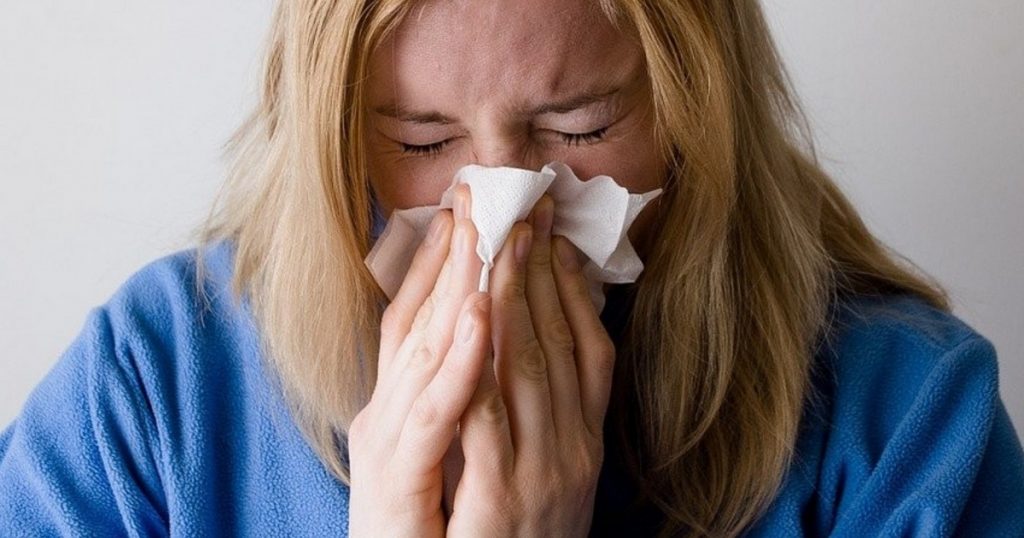Mold spores are not good for anyone to breathe in, but those with allergies may be especially sensitive to mold exposure. Our mold certified inspectors are seeing an uptick in calls because people are spending more time at home, these days. If your allergies have been feeling worse than usual, you may have a mold problem. Generally, exposure to mold in your home could produce the following symptoms: dry cough, runny nose, headache, sore throat, and a blocked nose. In other words, those sensitive to mold can expect symptoms of congestion, and those allergic to mold can expect much worse.
A higher number of mold spores in the home could lead to worse symptoms for you and your family. For those with allergies, asthma symptoms and allergic reactions are not uncommon. Specific mold spores could be a factor for those with allergies. Although exposure to mold usually produces the most extreme allergic reactions for those sensitive to certain mold spores, deleterious reactions can also be produced by exposure to mold in the workplace or even outdoors. In general, a lack of indoor ventilation will worsen symptoms of mold exposure.
Mold itself will tend to proliferate more in moist conditions. Because mold can grow indoors and outdoors, mold may grow on decomposing wood in your backyard or the drywall that you may have stored in your garage. Mold essentially needs moisture, food, oxygen, and moderate temperatures to grow. This is the reason that leaky sinks and bathrooms can be prime locations for mold growth in the home.
If you are exposed to mold in your home, then you may notice that it is suddenly hard to breathe or that you are experiencing itchy, watery eyes. These symptoms will be worse for those with asthma or allergic sensitivity to certain kinds of mold. Antihistamines used for treating allergies may provide some relief against mold-exposure symptoms related to allergies, but antihistamines are more of a stopgap measure. Allergy shots and nasal sprays may also provide temporary relief.
Mold is actually a type of fungus that is present in the air. The first step that you should take to getting mold out of your home is getting an air quality inspection of your home to assess your level of risk and exposure. Professionals know what to look for in terms of the conditions that promote mold growth, certain smells that mold and bacterial growth emit, and sources of moisture that promote mold growth in the home (e.g., leaky toilets or dripping sinks). Contacting a mold certified inspector to come to your home or workplace is a sensible, health-promoting decision!

